Ecopop campaign takes to the streets

Gauging the mood of voters attending demonstrations and talks, it’s difficult to judge how the November 30 vote on limiting population growth may swing.
Even though a first opinion poll shows a large majority against the Ecopop initiative, there are fears the idea has more support than people are willing to admit openly.
It’s a warm Saturday afternoon, the public square in the capital Bern is slowly filling with people for the anti-Ecopop demonstration organised by trade unions and leftwing political parties.
“No to Ecopop” in German, French and Italian – Switzerland’s three national languages – reads a banner above the mobile stage where the warm-up act, a local rap duo, is working hard to whip up the crowd.
“Let’s make love on Parliament Square” and “This square is our dance floor” the singer quips, while a pink balloon slips from the hand of a distracted little girl. Close by and 40 minutes later, a mother sits on the pavement, breastfeeding her baby.
It’s a friendly atmosphere, and a late autumn sun shines on the several thousand demonstrators in front of the parliament building. The groups carrying their flags appear on the square with clockwork precision, some blowing their whistles or shouting into megaphones.
Campaigners take advantage of the occasion to push their other causes, whether by distributing a trade union newspaper, collecting signatures for initiatives by the political left to block a reform of the state pension plan or a second Gotthard road tunnel through the Alps.
Red cards and balloons
On stage, the speakers, trade union leaders and Social Democrats and Greens, take their turn, warning of the inhuman nature and disastrous consequences of the Ecopop initiative. They shout “red cards against the discrimination of foreign workers” and “red cards against a policy of scapegoats”.
A woman in her mid-50s with a southern German accent looks on and doesn’t hide her disappointment. She obviously expected a bigger crowd and more enthusiasm. “Are demonstrations in Switzerland always like that?” she asks.
She came to the capital from the nearby town of Biel to express her fear about a country that is about to turn its back on Europe and the world at large to become narrow-minded, as she puts it.
It’s a picture of peaceful protest – were it not for the riot police deployed. They search suspicious looking potential troublemakers who’ve neared the square. And they keep a close eye on a group of protestors, some of them masked, who later walk away to march through the streets of the old city.
Traffic is temporarily disrupted and weekend shoppers curse.
There were concerns of clashes between leftwing militants and rightwingers. At five o’clock the director of the city’s police department heaves a sigh of relief as the afternoon passes without any major incident.
Nervous
The campaign for and against the Ecopop initiative has been fought with increasing intensity in the columns of the newspapers and on public billboards over the past few weeks.
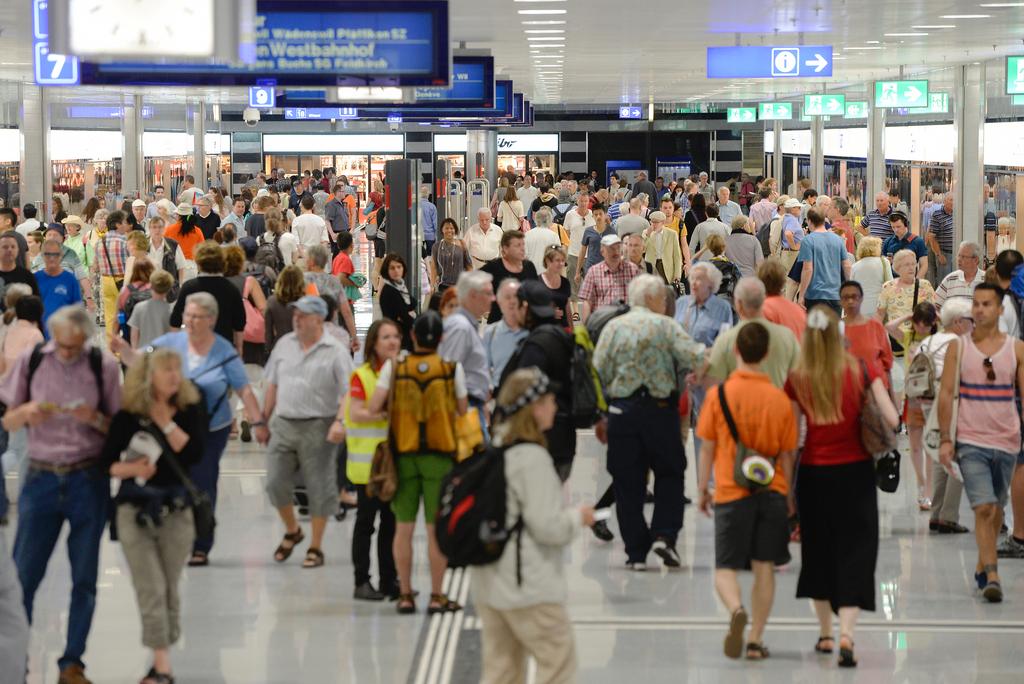
More
Why the ‘overforeignisation’ debate continues
Government ministers, business leaders, newspaper editorialists and even rightwing strongman Christoph Blocher all are slightly nervous, warning against strict immigration caps. It seems they don’t trust voters to reject the initiative.
Ecopop promoters are castigated as “egotists” if not “fascists”, political players trade accusations, blaming the government or the rightwing Swiss People’s Party, respectively, for a possible upset.
The potential for it is revealed in the reaction of readers’ comments in newspapers, online news sites and social media. Is there a dark force ready to vent its anger and come into the open on voting day, as the media editor of the Neue Zürcher Zeitung newspaper muses?
The Tages-Anzeiger and Bund dailies for their part warn the government not to underestimate public concerns about the high number of immigrants, the fear of losing jobs or unaffordable accommodations, packed commuter trains and buses.
Protest…
A retired former trade unionist in Zurich makes no secret that he will vote for the Ecopop initiative. He’s waiting for a panel discussion to begin at the Kaufleuten guild hall, a popular venue for concerts, comedies and dramatic readings in the city’s banking district.
The 64-year-old with a big moustache and a smirk on his face says the government does not deserve any better. The ballot box upset on February 9, when a majority of voters approved a rightwing proposal to re-introduce immigration quotas, is “not enough”. Only to add that he hopes the initiative will be narrowly rejected after all.
During the next two hours he freely comments on the statements by the panelists, who include Justice Minister Simonetta Sommaruga and local politicians.
The main audience, an estimated 500 people, a mix of old and young, men and women, some in business suits others dressed casually, appear to listen with genuine interest and they politely applaud the politicians and campaigners on both sides.
It’s Sommaruga’s sixth public appearance in the campaign and she spends much of her 20- minute speech explaining how the government plans to implement the result of the February vote.
…and a change of heart
Only then does she turn to the latest initiative, cautioning against protest votes which “would certainly not make things easier for Switzerland”.
The audience reaction is mixed. Exhausted or impatient after 90 minutes, hecklers interrupt the panelists, demanding clear answers instead of empty words.
At an informal reception following the event there seem to be more people pleased with what they heard than those who are disappointed. Some slam the TV presenter hosting the show, others hesitate to answer how it was: “So, so, nothing new but not uninteresting”.
There’s an elegant octogenarian sitting in the lobby, a glass of red wine in front of her. She really liked the evening. “It was a lively discussion and Mrs Sommaruga was very good.”
In her opinion, one of the Ecopop representatives on the panel used too many figures to explain the initiative.
Before the event, she was an Ecopop supporter. “But now I might go and vote No.”
Immigration caps
On February 9, voters approved a rightwing proposal to re-introduce immigration quotas, without setting detailed figures.
The initiative calls on the government to re-negotiate a bilateral accord on the free movement of people between Switzerland and the EU.
The cabinet has until 2017 to implement the proposal, which has complicated relations with the 28-nation bloc – Switzerland’s main trading partner.
A separate initiative by the Ecopop group seeks to limit immigration to 0.2% of net population growth – effectively about 16,000 people annually – and spend 10% of the state’s development aid for family planning in developing countries.
Over the past few years, net immigration to Switzerland was about 80,000 people on average.
Switzerland has a resident population of about 8.2 million, 24% of whom are foreigners.

In compliance with the JTI standards
More: SWI swissinfo.ch certified by the Journalism Trust Initiative

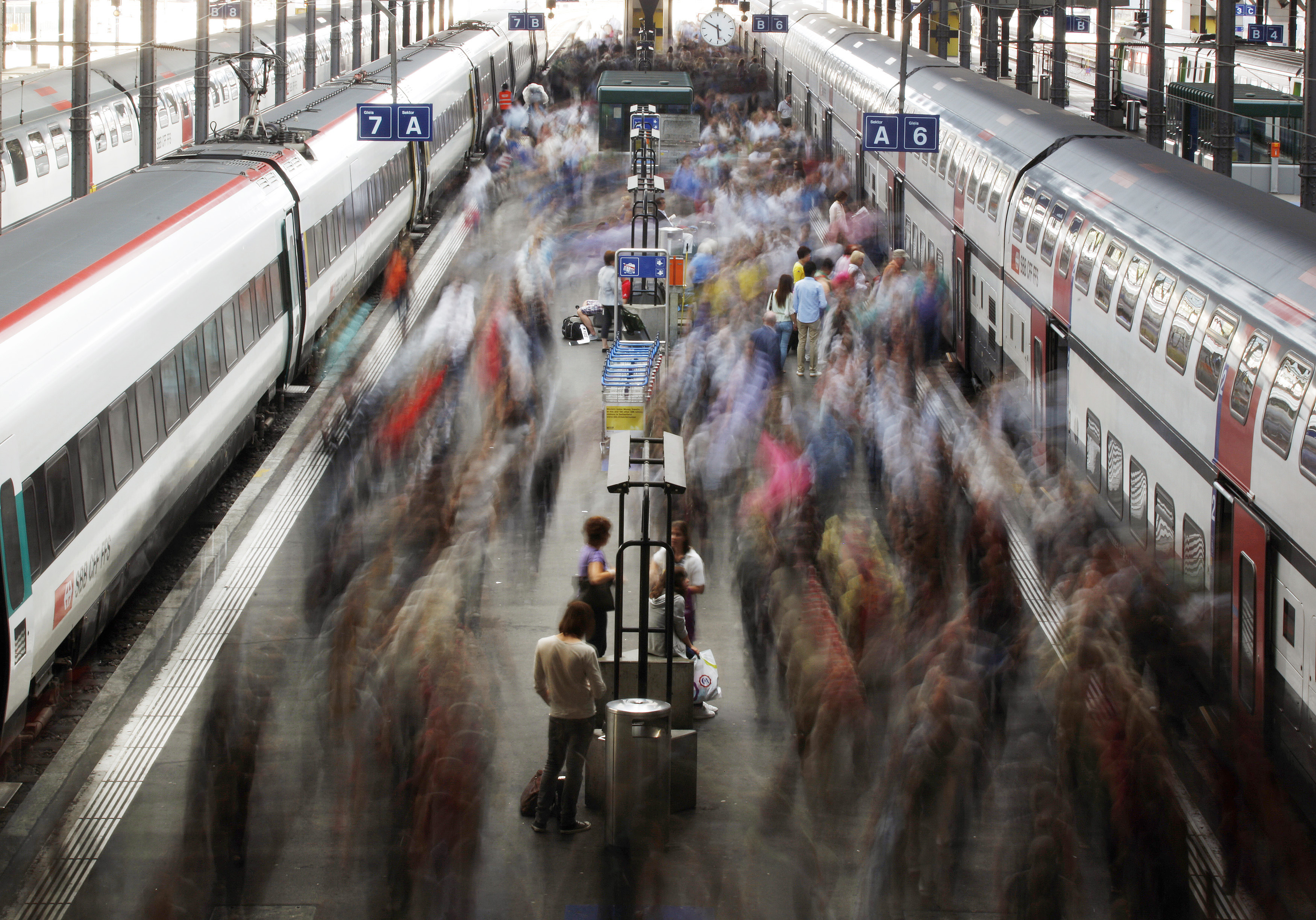
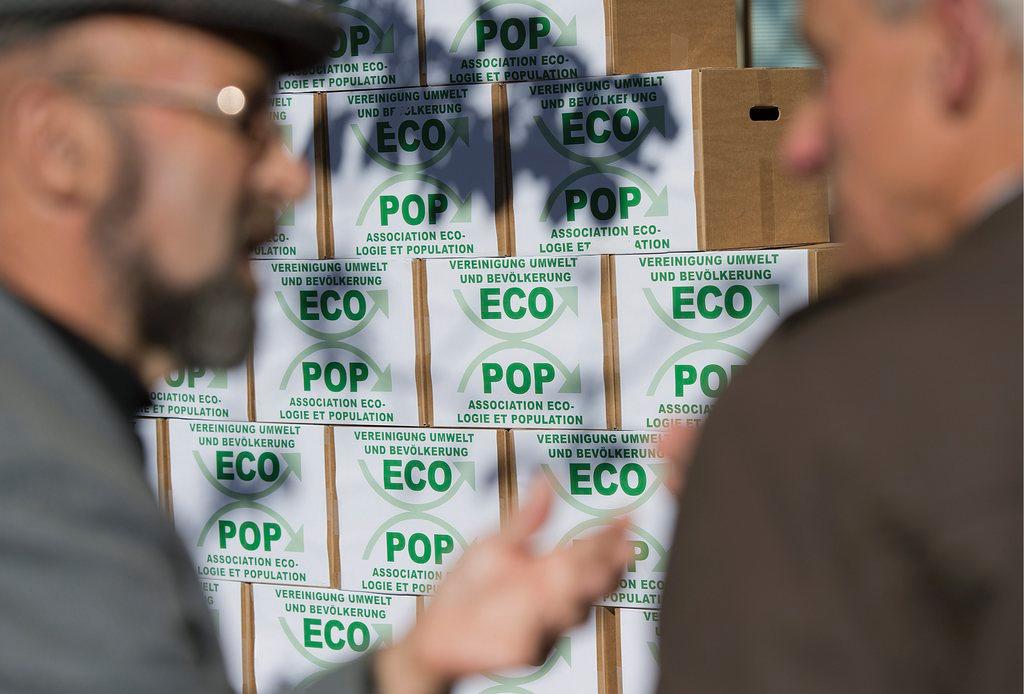
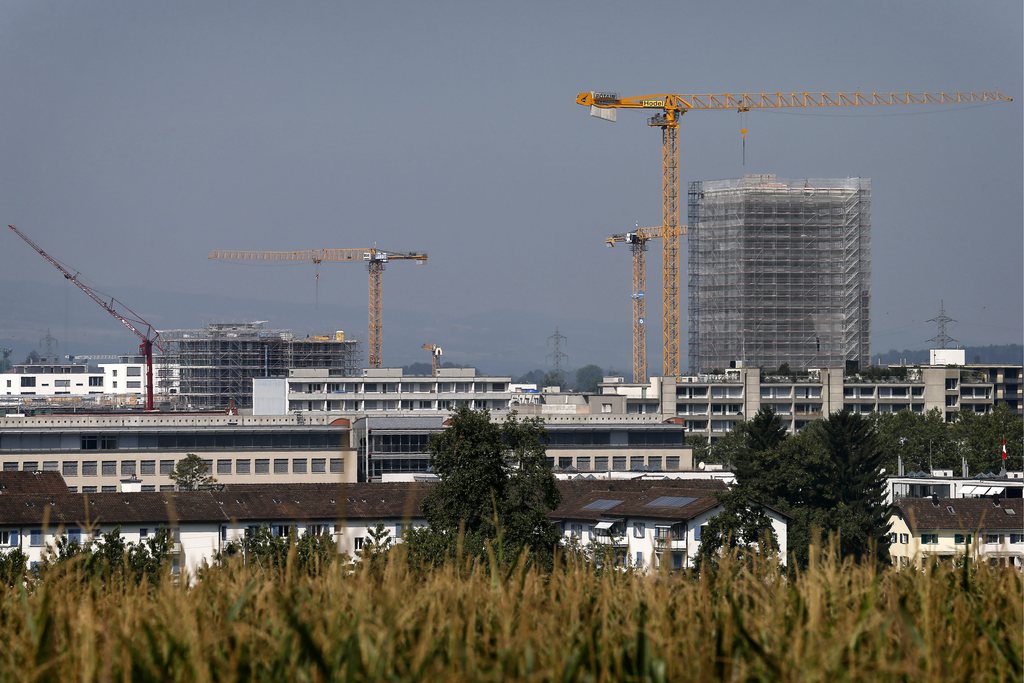
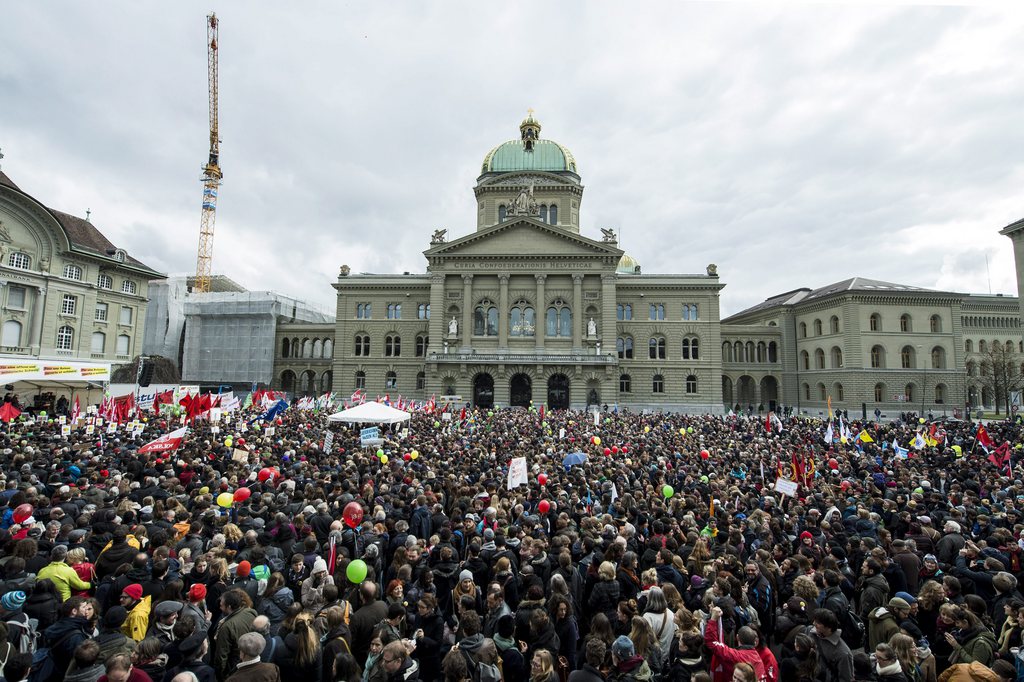
You can find an overview of ongoing debates with our journalists here. Please join us!
If you want to start a conversation about a topic raised in this article or want to report factual errors, email us at english@swissinfo.ch.